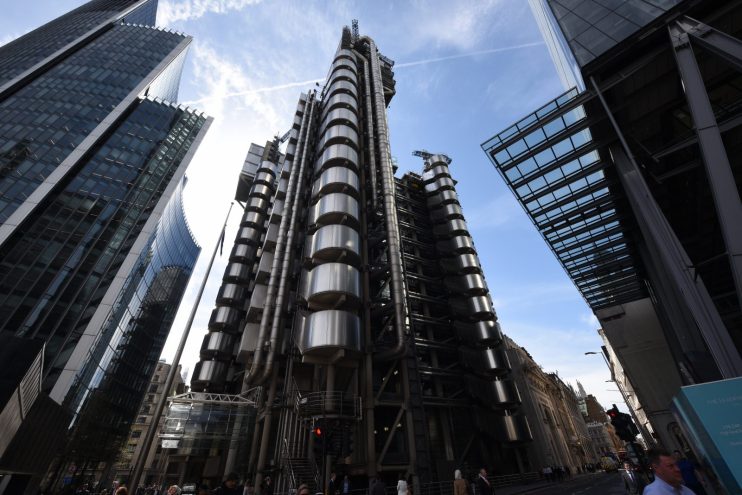Lloyd’s to stay in iconic headquarters until at least 2031

Lloyd’s of London is set to stay in its iconic City of London headquarters until at least 2031, according to new reports that quell rumours the insurer had been planning to leave its purpose-built tower in 2026.
There is now “zero chance” the insurer will trigger the lease break clause in its contract with its landlord, Ping An, that would allow the firm to exit the building by 2026, sources familiar with the matter told the Financial Times.
Talk of Lloyd’s departure from its Grade I listed HQ first emerged in January, after Covid-19 lockdowns forced brokers to work from home.
Increased digitalization of Lloyd’s business subsequently raised questions as to whether the building had a role to play going forwards, as the return to the office remained slow in the months following the end of Covid-19.
At the time, the firm said it was “considering a range of options” around its “workspace strategy” and “future leasing arrangements,” as it sought to “adapt to new structures and flexible ways of working”.
It was reported that Lloyd’s could break its lease with Chinese insurer Ping An, which bought the Lloyd’s building for £260m in 2013, by triggering a lease break clause to exit in 2026.
However, sources speaking to the Financial Times said Lloyds is now in talks to extend its lease with Ping An beyond the 2031 deadline, with a view to securing a deal with its landlord by the end of the fourth quarter of 2022.
The firm is also considering plans to modernize the underwriting room, by adding in sofas, and making the space more user friendly.
Lloyd’s decision to say comes as vote of confidence in the City and signals the insurer’s belief that face-to-face dealmaking will continue to play a vital role.
The building itself, designed by British architect Richard Rogers, has value as an advert for Lloyd’s business, due its status as an icon of the City of London.
The news comes after Ping An last month brought architects into the Lloyd’s building to come up with ideas as to what to do with it if Lloyd’s decided to leave.
The Chinese firm had considered converting the building into a hotel or events space to ensure it would remain commercially viable if Lloyd’s were to end its lease.